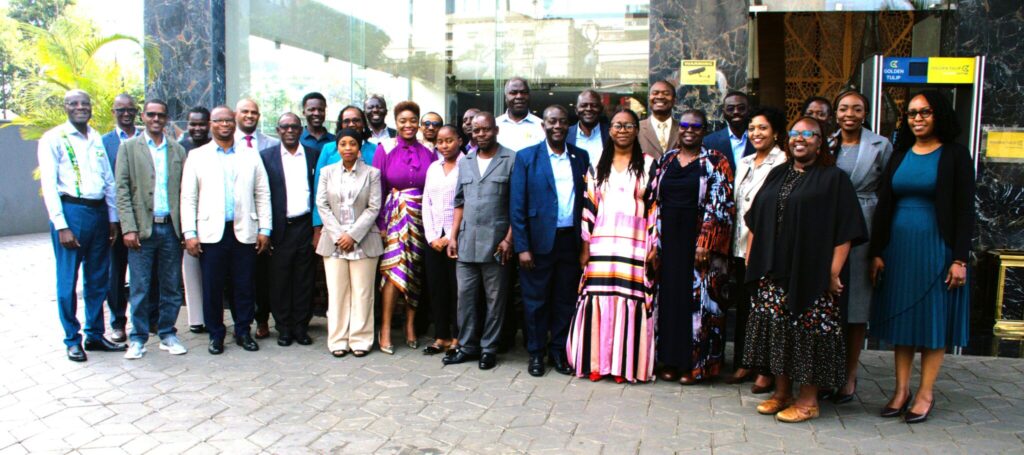Efforts to strengthen climate resilience in Eastern and Central Africa are taking shape through the development of a Climate Smart Agriculture (CSA) Scaling Strategy. The framework, recently reviewed during a regional consultation workshop in Nairobi, is designed to guide countries in expanding the use of proven CSA technologies and innovations, strengthening partnerships, and creating sustainable financing mechanisms.
The CSA Scaling Strategy forms part of a broader initiative to accelerate the adoption of climate-smart practices across the region. It sets out a roadmap to 2035 that addresses diverse agroecological conditions, from coastal plains to arid and semi-arid areas, as well as highland farming systems. The approach recognizes that climate-smart agriculture is not a one-size-fits-all solution but must be adapted to local challenges, crops, and food systems.
A central focus of the strategy is ensuring resilience for farming communities in the face of climate change. It emphasizes sustainable production systems that improve food security, enhance nutrition, and strengthen agricultural value chains. By promoting innovations such as drought-tolerant and salt-tolerant crops, efficient water use, and climate information services, the strategy seeks to safeguard livelihoods while reducing environmental risks.
Successful scaling requires the involvement of multiple actors, including governments, research institutions, the private sector, and farming communities. The framework highlights the critical role of agro-dealers, processors, and buyers, alongside supportive policies such as reduced taxation on seeds and fertilizers. Political commitment is also considered vital, as leaders shape legislation and investment priorities that can accelerate adoption.
One of the barriers identified is the low level of awareness and access to climate-smart technologies. Many farmers either cannot afford them or are unfamiliar with their benefits. The strategy proposes structured capacity-building programs to bridge this gap, enhancing the knowledge and skills of farmers while also supporting scientists and extension officers in developing and disseminating innovations.
Policy mainstreaming is another key element. The strategy calls for climate-smart agriculture to be embedded within national agricultural policies and institutional frameworks, ensuring long-term commitment and alignment with broader development goals.
With climate change expected to intensify, the roadmap provides a blueprint for building resilient agricultural systems that can withstand shocks while ensuring sustainable growth. By uniting stakeholders around a shared vision, the CSA Scaling Strategy aims to transform agriculture into a driver of resilience, food security, and economic stability for Eastern and Central Africa.

